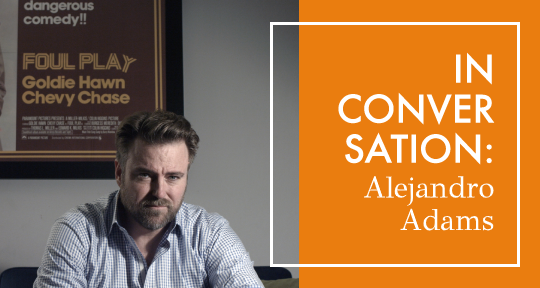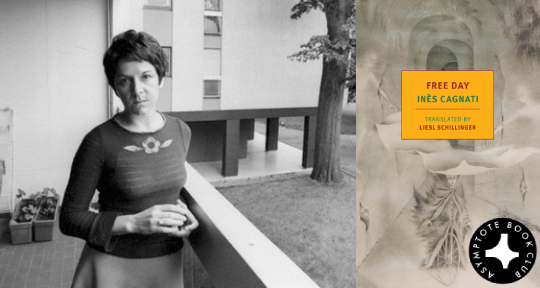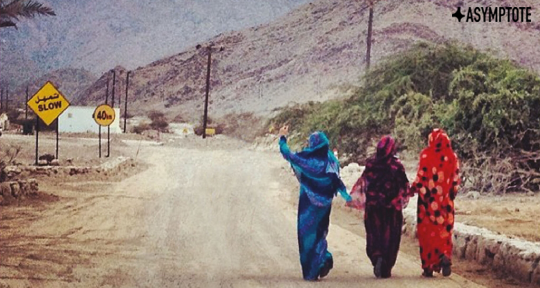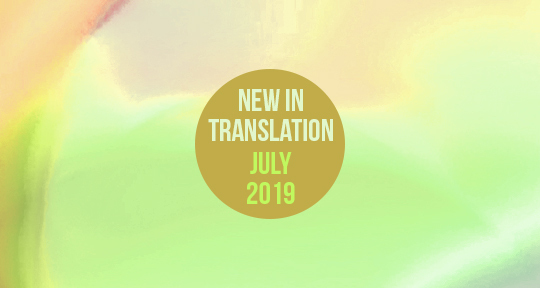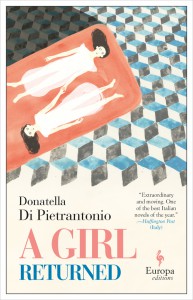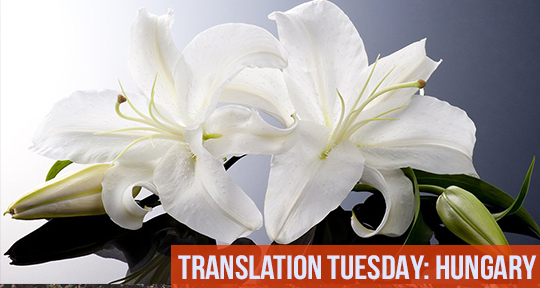For this week’s Translation Tuesday, a proposed coffee date unearths secrets and regrets in Vassilis Alexakis’ “The Daughter from Jannina.” Our protagonist is a journalist awaiting the arrival of a young woman claiming to be his daughter. A conversation about the veracity of the woman’s claim reveals a bittersweet history of personal mistakes. Here we have the trademarks of Alexakis’ writing: straightforward exposition, quotidian detail, and a dryly comic voice, all of which belie a deeply complex interiority and emotional self-awareness. With emotional subtlety and humour, our protagonist weighs the importance of love and family life against the backdrop of national displacement. Translator Rebecca Dehner-Armand writes: “[Alexakis] has composed a singular œuvre, marked by his particular staccato and wry style, that illuminates the experience of a growing sector of French society: immigrants, exiles, and foreigners.”
A cloud of smoke floats above the ping-pong table. I am seated at my desk, at the other end of the room. At the moment, I am not smoking. On the ping-pong table there is a mostly used-up roll of toilet paper, a paddle, and Lina’s camera, as well as a Tupperware container that I should return to Grigoris’ mother. A few days ago, she brought me some garbanzo bean soup in this container. Where has the other paddle gone? I don’t see the ball either. I played ping-pong last night with Vasso. The match was shit. Lina came over afterwards, around midnight. She slept here last night. It hasn’t been long now since she left.
I am listening to The Turk in Italy, a joyful opera by Rossini. The Turk falls in love with a married Italian woman and begins plotting to purchase her. She gently explains to him that this type of transaction is not done in Italy. In reality, I am not really paying attention to the opera. My mind is elsewhere. It seems the cloud of smoke is headed for the open French doors. It is quite chilly, but I don’t have the strength to get up and close the doors. Lina will no doubt come by sometime during the day to pick up her camera.
Normally, I should be prepping for my TV show by now – I am going to be interviewing the minister of maritime trade—or writing my column for The Investor. These notes surprise me; I am not used to recording my comings and goings. I am writing in pencil, which surprises me even more: for a long time now, I’ve typed out everything. Maybe I chose a pencil precisely because I ascribe no importance to this story, because I can envision a quick abandonment. I can see myself throwing it in the trash after ripping it to shreds. A little piece of paper will fall to the floor. Once I bend to pick it up, there will be a knock at my door: it will be Stavroula, this young girl who was not at our get-together last night and who thinks she’s my daughter. READ MORE…


